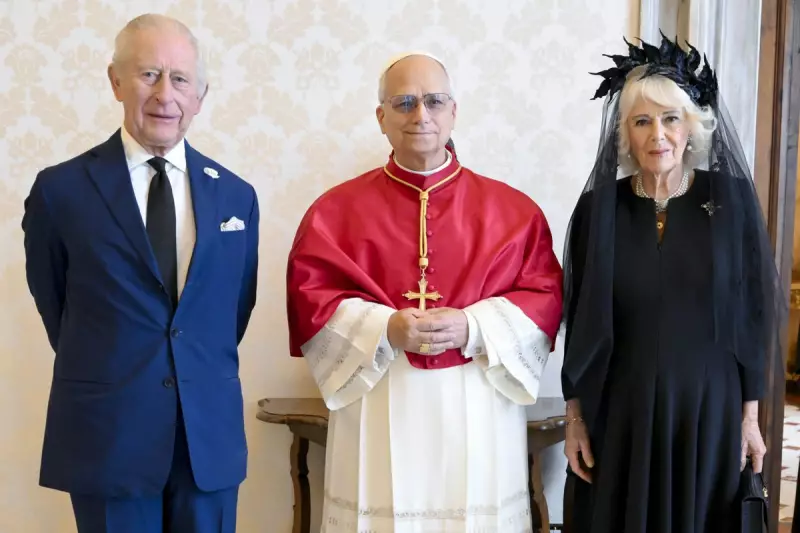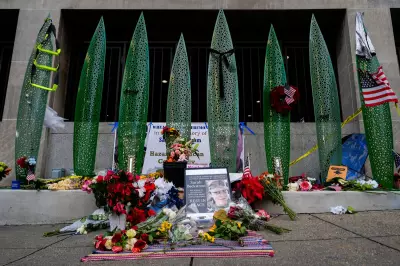
In a development that could rewrite Catholic history, the Vatican is reportedly considering the appointment of a British-Swiss dual national as the next Pope, who would take the name Leo XIV. This groundbreaking move would mark the first time in modern history that someone from Britain has ascended to the highest position in the Catholic Church.
A Historic Break from Tradition
The potential appointment represents a significant departure from centuries of established papal succession patterns. While the candidate's identity remains confidential within Vatican circles, sources confirm his unique background as both a British citizen and Swiss national, positioning him as a bridge between European Catholic traditions.
This development comes at a pivotal moment for the Catholic Church, which has been navigating complex global challenges and seeking broader international representation in its leadership. The choice of a British-linked Pope would signal a dramatic shift in the Vatican's approach to global Catholic governance.
What This Means for the Catholic World
The implications of such an appointment are profound:
- Historical precedent: Breaking a long-standing tradition of Italian and European papal appointments
- Global representation: Demonstrating the Church's commitment to broader international leadership
- Diplomatic relations: Potentially reshaping the Vatican's relationship with the United Kingdom and Commonwealth nations
- Modernisation: Signalling a more progressive approach to Church governance and representation
Church insiders suggest that this unexpected candidacy reflects the Vatican's desire to embrace a more globally representative leadership structure while maintaining the theological foundations of the Catholic faith.
The Road to Papal Selection
While the process remains shrouded in secrecy, traditional papal conclave procedures would still govern the final selection. However, the mere consideration of a British-connected candidate indicates significant evolution within the College of Cardinals and broader Church leadership.
This development has already sparked intense discussion among Catholic communities worldwide, with many viewing it as a potential turning point for the 21st-century Church.





